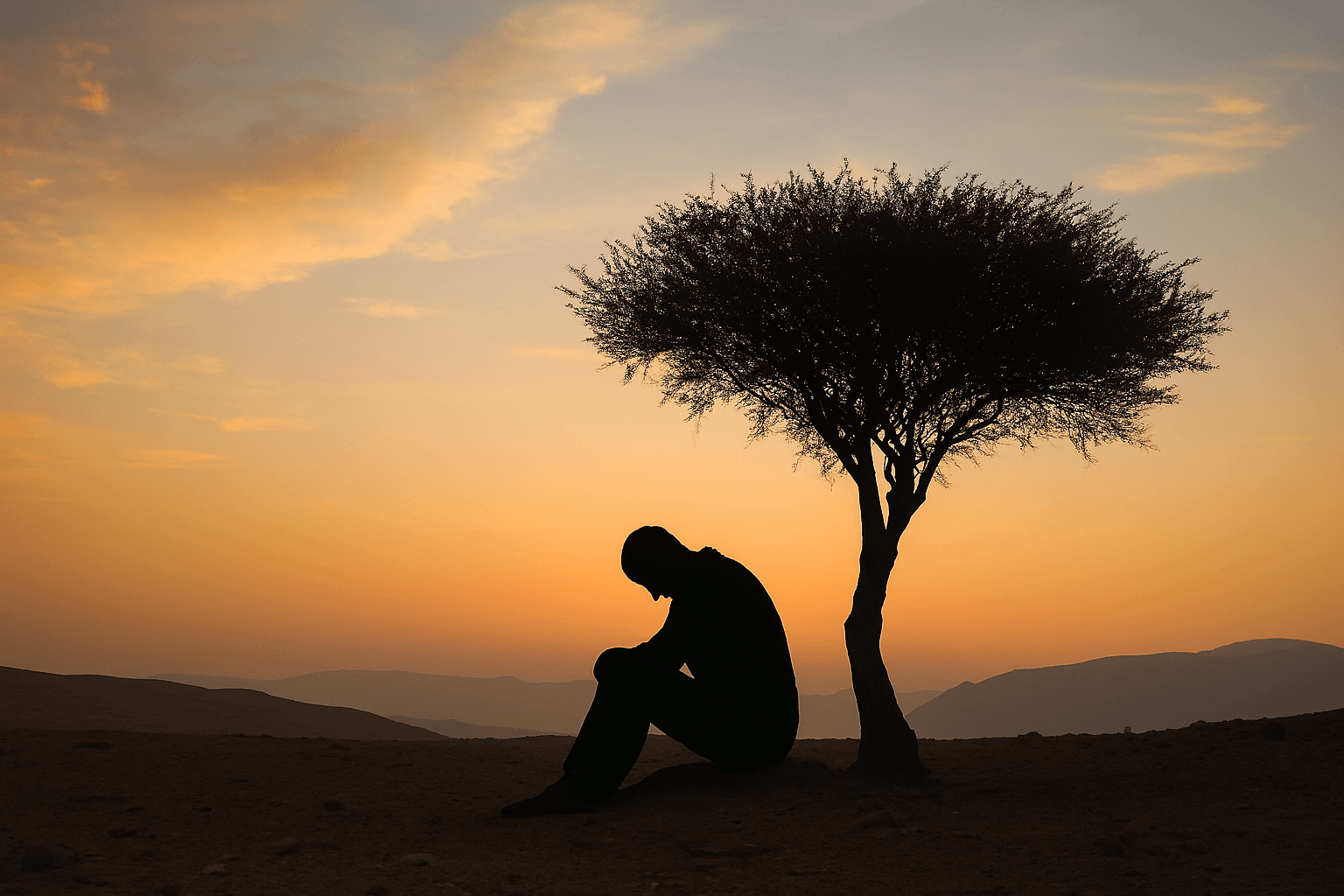8th February, 2026
A Fountain Publication

The Lodestar
Online Magazine for the Thinking Christian

Views
The Power of Solidarity in Community and Crisis
Learn how unity and mutual support can transform communities. This article explores the importance of solidarity, providing examples and insights. Join us in building a stronger, more resilient world together.
By Haunu on 8th October, 2024
Solidarity, a concept rooted in mutual support and shared interests, is crucial for the well-being and progress of any community. Through solidarity, individuals and groups can overcome challenges and achieve common goals, fostering unity and resilience. This article explores the importance of solidarity, providing examples and insights into its practical applications, and aims to encourage and motivate readers to embrace this powerful tool for societal progress.
The Meaning of Solidarity
Solidarity implies a sense of unity and mutual support among community members. It is more than mere sympathy or empathy; it involves active engagement and a deep commitment to the well-being of others. The biblical principle of loving one’s neighbour as oneself (Mark 12:31) encapsulates the essence of solidarity, urging individuals to act with compassion and support toward others. This active involvement makes solidarity a powerful force for societal progress, and it is a responsibility we all share.
Solidarity in Times of Crisis
Solidarity becomes particularly vital during crises. Natural disasters, economic downturns, and health emergencies often reveal the strength of communal bonds. For instance, during the COVID-19 pandemic, communities worldwide demonstrated solidarity through collective action. Neighbours supported each other with food deliveries, volunteers assisted vulnerable groups, and governments provided financial aid. This collective effort mitigated the pandemic's impact and reinforced communal ties.
Solidarity in Social Movements
Social movements are a testament to the power of solidarity. Historical examples, such as the Civil Rights Movement in the United States, highlight how unity can drive significant social change. Leaders like Martin Luther King Jr. mobilised diverse groups to stand together against racial injustice. This solidarity was instrumental in achieving legislative changes and advancing civil rights. Similarly, contemporary movements like Black Lives Matter continue to rely on solidarity to address systemic inequalities.
Solidarity in Everyday Life
Solidarity is not confined to extraordinary circumstances or large-scale movements; it is equally essential in everyday life. Acts of kindness, support, and cooperation within local communities build stronger, more resilient societies. For example, community gardens where residents work together to grow food foster a sense of belonging and mutual support. These initiatives not only provide tangible benefits but also strengthen social bonds.
Challenges to Solidarity
Despite its importance, achieving and maintaining solidarity can be challenging. Social divisions, such as economic disparities, cultural differences, and political polarization, often hinder collective action. To overcome these barriers, it is crucial to promote inclusivity and understanding. Education plays a vital role in fostering empathy and awareness of diverse perspectives. Moreover, open dialogue and collaboration across different sectors of society can bridge gaps and foster a culture of solidarity.
The Role of Faith in Promoting Solidarity
Faith communities often exemplify solidarity through their teachings and actions. Churches, mosques, synagogues, and other religious institutions frequently engage in charitable activities, supporting those in need regardless of their background. The biblical call to "bear one another's burdens" (Galatians 6:2) reflects this commitment to mutual support. By following these principles, faith communities contribute significantly to promoting solidarity.
Solidarity is a foundational principle that strengthens communities and enables collective progress. Whether in times of crisis, social movements, or daily life, individuals' active engagement and support towards one another foster unity and resilience. By overcoming challenges through inclusivity and understanding, societies can build a culture of solidarity that benefits all. The biblical principles of compassion and mutual support provide a valuable framework for promoting and sustaining this essential quality.
(Haunu, reside in Dorcas Veng, New Lamka. Alongside her role as a financial steward in the Baptist Youth Fellowship, she is an avid writer, finding joy in crafting narratives in her spare time.)
Share this Article
Advertisements
Explore More on The Lodestar

Christian Perspectives on Managing Suicide
Christian perspectives offer hope to those facing suicidal thoughts, emphasising faith, community support, and the sanctity of life while encouraging holistic care and compassionate intervention.

Danger of Palatable Gospel: Wounds Before Healing
Reject palatable Gospel! True salvation wounds pride first. Sugar-coated sermons soothe but never save—conviction kills ego before resurrection life. Read why modern preaching fails.
Subscribe to our free weekly digest.
Join hundreds of others who have subscribed to our free weekly digest for inspiring news, faith, community, family, opinion, and culture content. Stay connected and nurture your spiritual growth with thought-provoking articles delivered straight to your inbox.
Join our growing community of readers today.

